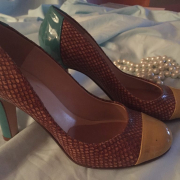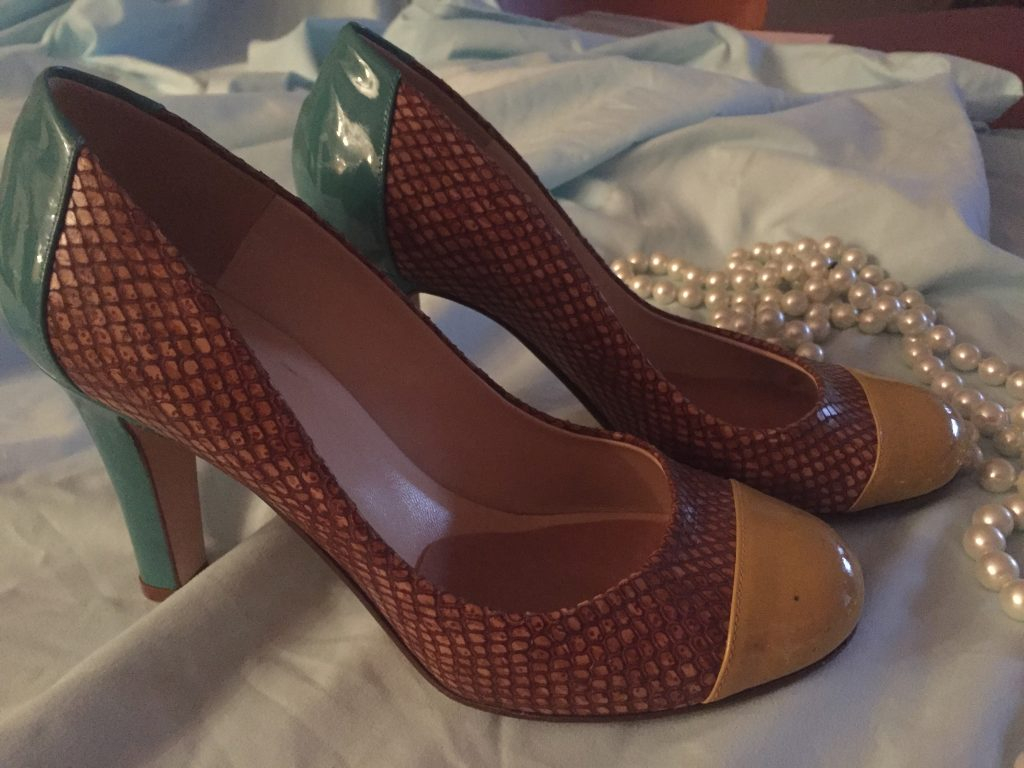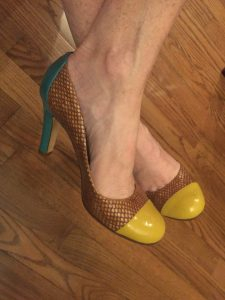
Several avid readers in my circle of friends and family are among the legions of fans of Nashville’s own Ann Patchett—-acclaimed novelist, non-fiction writer, and renowned advocate for independent booksellers. As such, the recent holiday season included a lot of chatter here and there—over cocktails, around dinner tables, and on Facebook— about her mid-December essay in the New York Times, “My Year of No Shopping.”
In the essay, which you can read here, Patchett shares observations on her decision to abstain from shopping for 12 months, inspired by a friend who did the same. Earlier experiments for shorter periods of time, like Lent, energized her to extend the consumer-abstinence program. Her original intention was to cease buying clothes, shoes or jewelry, but soon she extended the restrictions to other items. For her, the exercise was much more than an effort to stop over-stuffing her closet; she wanted to gain the broader, deeper benefits of reclaiming time and appreciating (as well as using) what she already had. “If you’re looking for a New Year’s resolution, I have to tell you, this one’s great,” she wrote.
To her credit, Patchett freely acknowledged that abstaining from shopping when leading a very privileged life does not equate to immediate solidarity with the truly poor, though it did start her thinking more about how to serve them. There is no presumption here of genuine sacrifice, but more of self-discipline and enhanced mindfulness about the current bounties of everyday life.
Discussion of this exercise in my circle bounced around among some interesting consumers who evinced interest in the idea. One works in a beguiling furniture and home design consignment store, a cesspool of relentless temptation if ever there was one. Another was a retired volunteer who always invests first in social justice causes and second in herself. She expressed admiration for the concept, but wished it included more focus on transferring resources to the needy. Another pondering consumer was me.
At first, my motivation wasn’t really the spiritual, the psychological, the life-lesson elements so eloquently described by Patchett. Lacking the personal assets and related options of a best-selling novelist, I first saw a simple, disciplined way to harness the budget and cover one of its most troublesome potholes: my weakness for impulse buying. Over the years, I admitted to myself as I contemplated the experiment, I had come to fill my closets and the rest of my home with items that I acquired not through thoughtful planning tied to appropriate spending. I did not, I forced myself to face, habitually go out in search of a modest pair of black pumps for work, or even think much about practical items I truly needed when passing by the Retail Dens of Iniquity on routine errands.
The harder truth was this: shopping occurred at the intersection of happenstance and self-medication, when I wandered past some interesting place on the way somewhere else, dashed inside to amuse/distract, or, far worse, “reward” myself, or just to assuage curiosity. Therein would emerge the inevitable, brief flame of passion for something beautiful, unusual, or, in the terrifying parlance of the self-absorbed, just “me.” See it, covet it, snatch it, scramble later to pay for it—this had all too often become my pattern. It’s also true this pattern yielded some pretty great stuff, because folks say I am blessed (or, possibly, cursed) with pretty good taste. But the wages of such sins loom large and threatening when one migrates from the high-potential earning years of mid-career toward the not-too-distant prospect of standard “retirement.”
Something had to break that cycle, and perhaps this method would spark a promising new direction. But I wanted to treat this seriously, realistically, not like some lark diet or 30-day financial “cleanse.” My long, regrettable experience with weight-loss efforts taught me much about my own failings with rules and structure. (I like to say about weight loss what Mark Twain said about smoking; It’s easy to lose weight! I’ve done it a hundred times!)
And so I devised my own shopping-abstinence experiment, modeled on the Patchett Plan: Start with one quarter, something I think I can stick to, and see how it works and feels. Like the noted author, I seek to save both time and money, so it is not just actual purchasing transactions that are eliminated, but the looking at and the dreaming of and the hankering for these items: clothes, shoes, jewelry, and home decorating. I did not exempt gifts, as she did, but no “shopping” includes not just browsing in stores, but surfing online, reading email promotions, and (my personal favorite /weakness) perusing catalogues.
My sister decided to join me in this program, and I welcomed the opportunity for empathetic dialogue and a commitment to joint accountability. She lives three hours away on a farm, while I lead an urban, office-focused life. It should be intriguing to see what choices were eliminated, with what results, in two such divergent lifestyles.
Three months: January 1-March 31. The chapter, which I hope will be the first of several, is almost ready to close. A report on how I did and what I learned is coming in Part 2.









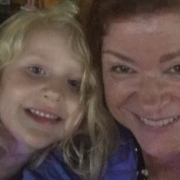
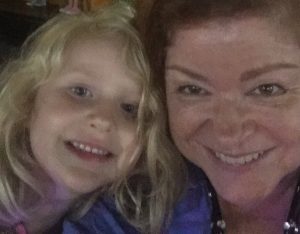
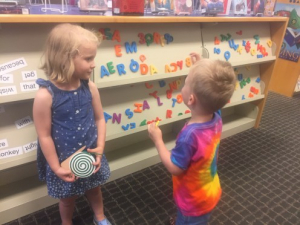
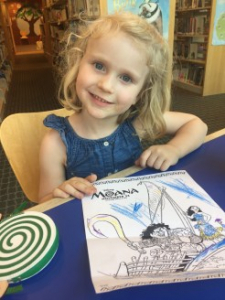
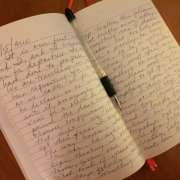
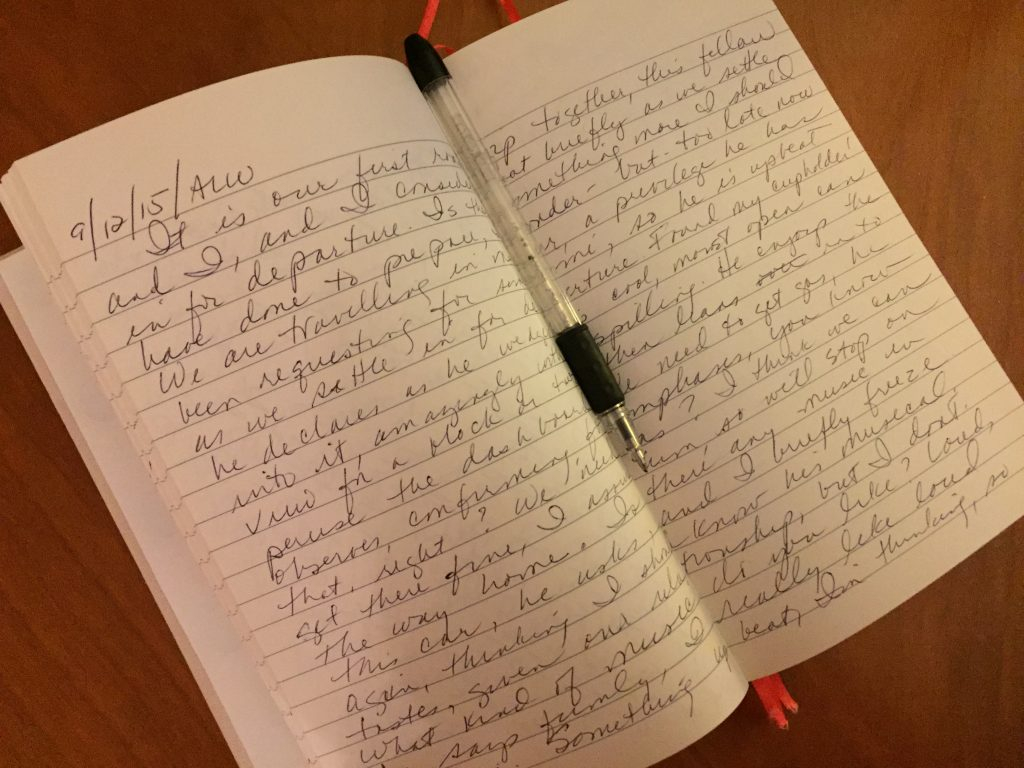
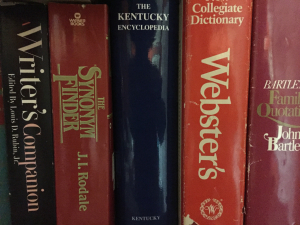
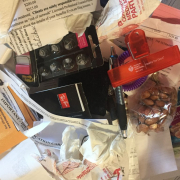
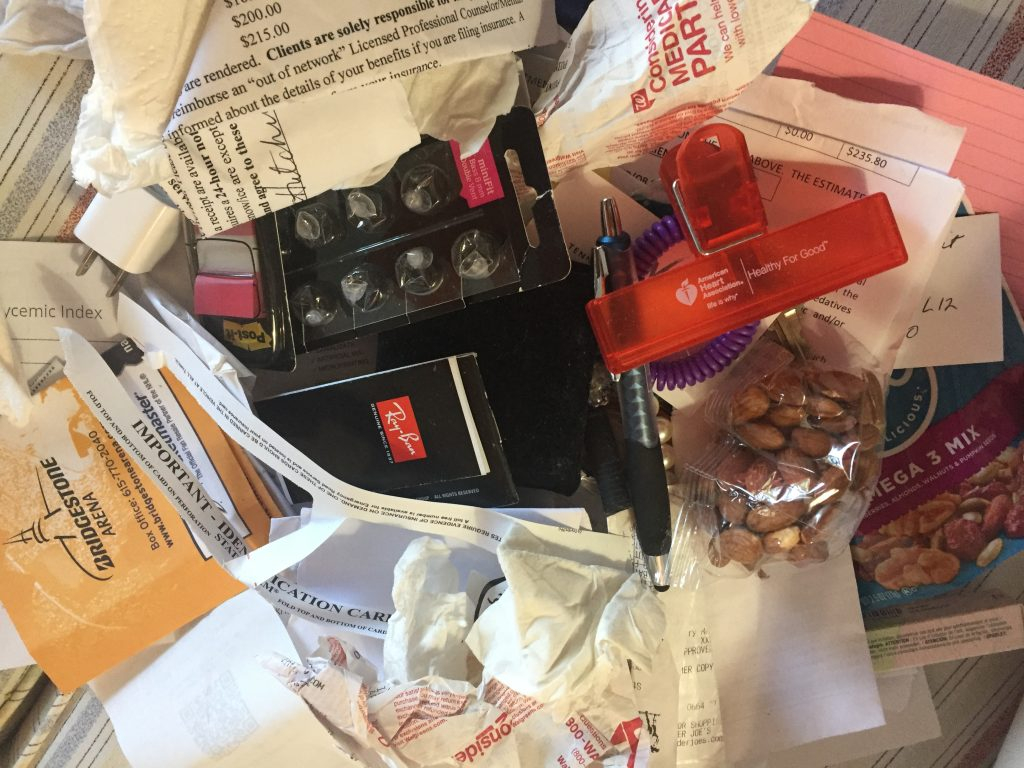










 and the canines who join their lives to ours. I don’t pretend to understand the biology of it, but never doubt the intriguing facts that come along now and then. I once mentioned to a friend that that Madeline clearly knows who is at the door before they enter—the unidentifiable outsider gaining the deep guard-dog bark, the cherished friends and family naught but a wag of the tail and lick on the ankles. She had read they can hear human heartbeats, and perhaps that is an identifier?
and the canines who join their lives to ours. I don’t pretend to understand the biology of it, but never doubt the intriguing facts that come along now and then. I once mentioned to a friend that that Madeline clearly knows who is at the door before they enter—the unidentifiable outsider gaining the deep guard-dog bark, the cherished friends and family naught but a wag of the tail and lick on the ankles. She had read they can hear human heartbeats, and perhaps that is an identifier? Hounds, of course, possess discernment of scent that is far beyond human comprehension. Taking a walk requires one of those compromises I mentioned earlier; the nose drives all perceptions and actions, and some olfactory evidence, most of it at ground level, must be lingered over and studied. It seemed prudent to cease opposing this necessity long ago, so I christened our slow but steady forward progress The Hound Dog Shuffle. Often other dog owners walking the boundaries of our neighborhood will lap us, the quick ones more than once. The occasional passer-by, in the company of a canine of average height and a nose that is pointed forward instead of down, will observe this pattern with a smile and ask, “What is she doing?” My response: reading the day’s news.
Hounds, of course, possess discernment of scent that is far beyond human comprehension. Taking a walk requires one of those compromises I mentioned earlier; the nose drives all perceptions and actions, and some olfactory evidence, most of it at ground level, must be lingered over and studied. It seemed prudent to cease opposing this necessity long ago, so I christened our slow but steady forward progress The Hound Dog Shuffle. Often other dog owners walking the boundaries of our neighborhood will lap us, the quick ones more than once. The occasional passer-by, in the company of a canine of average height and a nose that is pointed forward instead of down, will observe this pattern with a smile and ask, “What is she doing?” My response: reading the day’s news.

